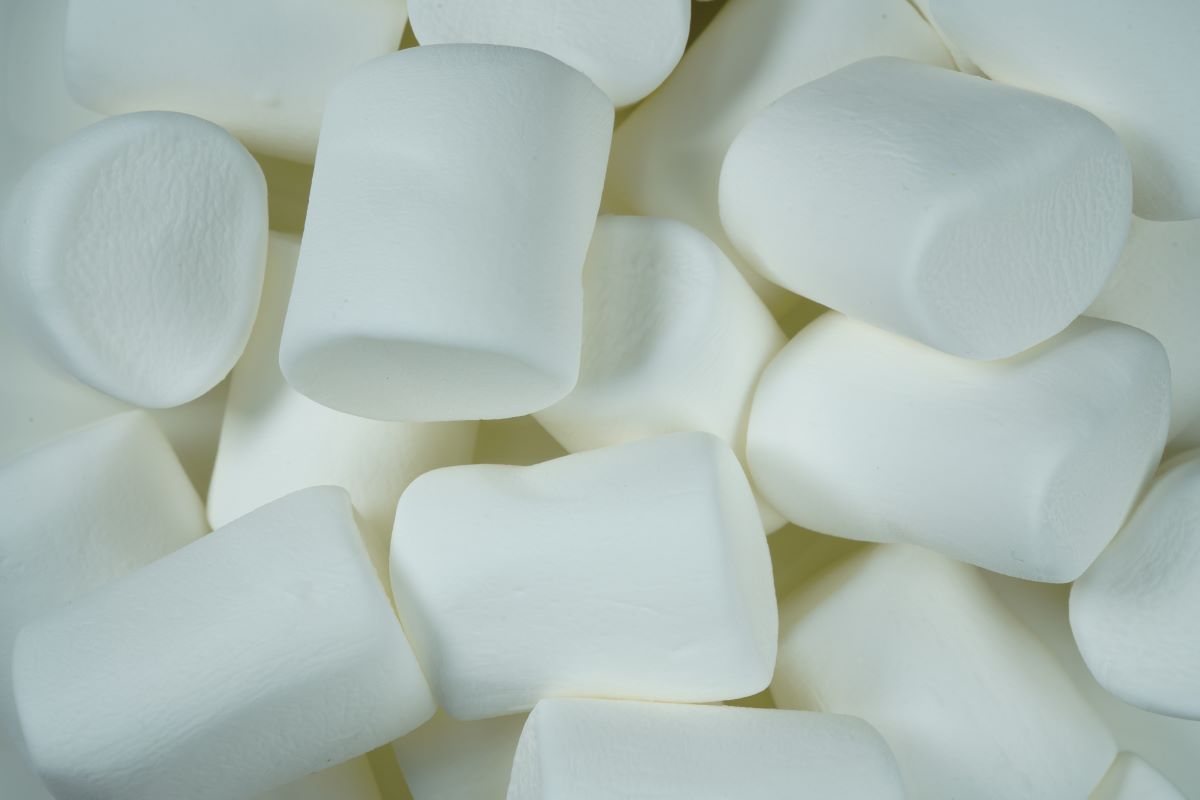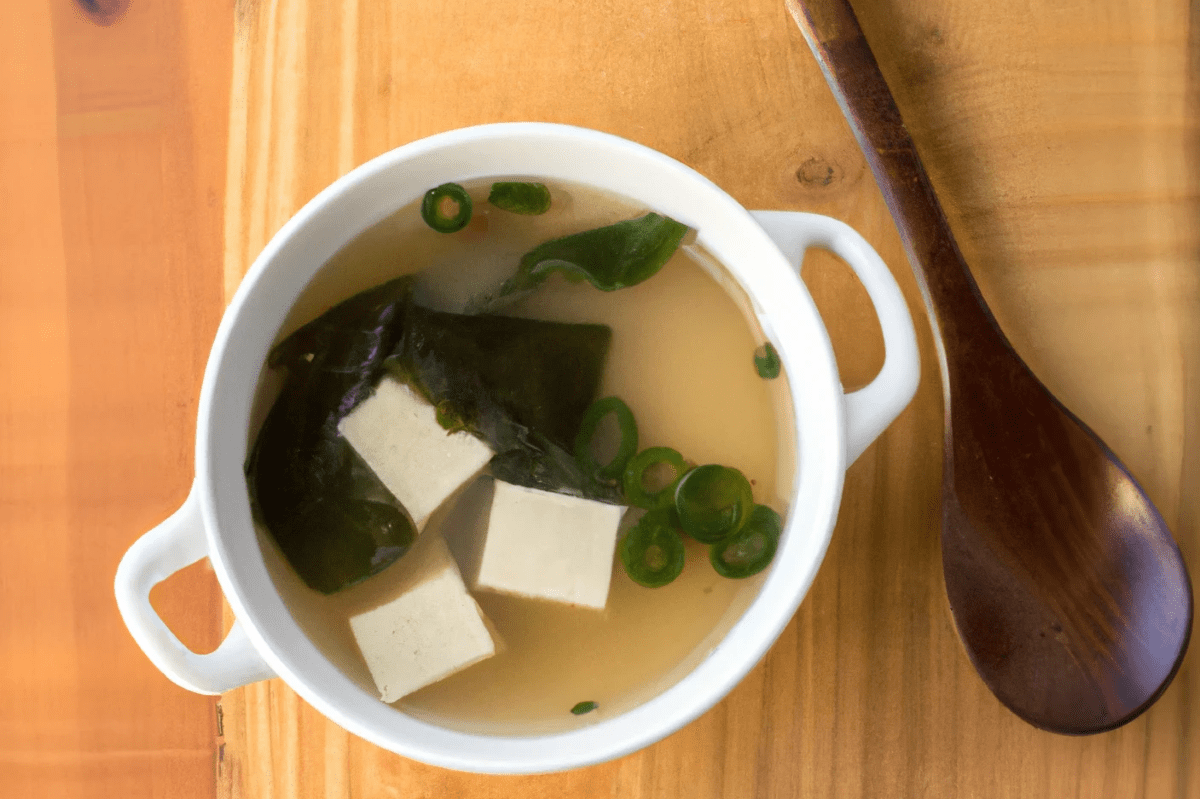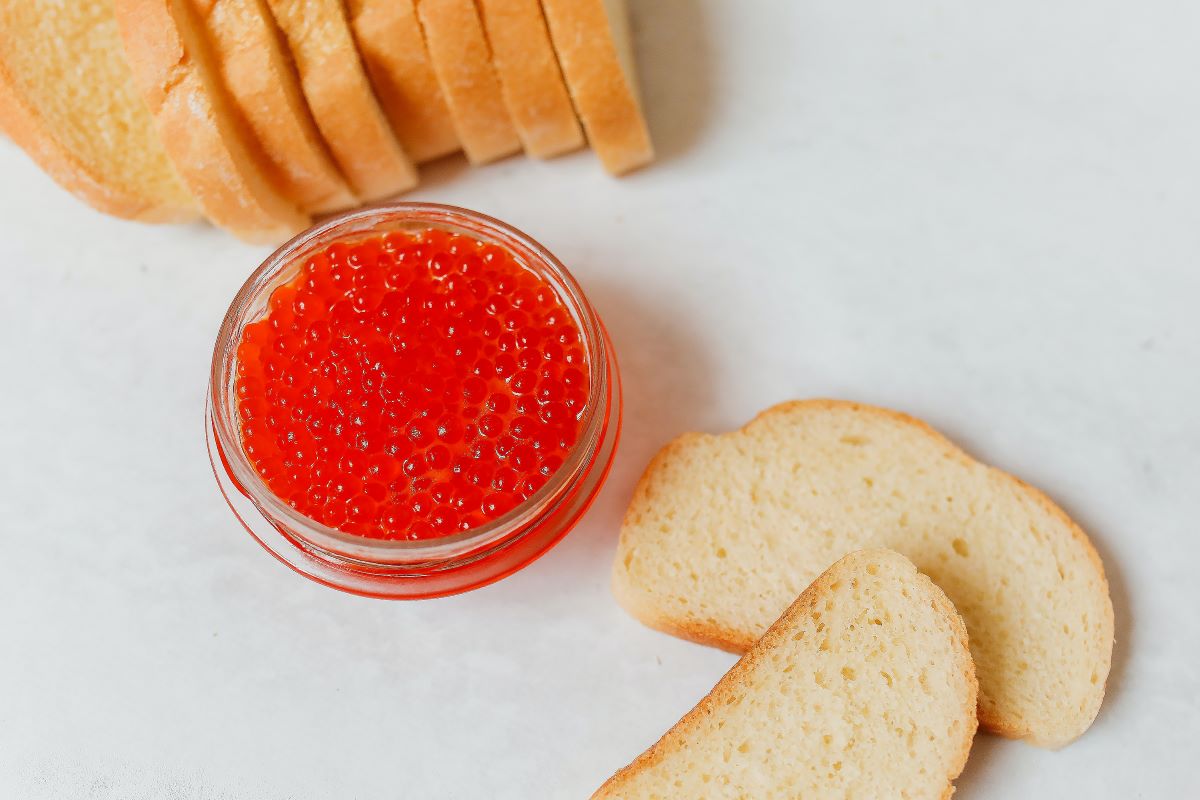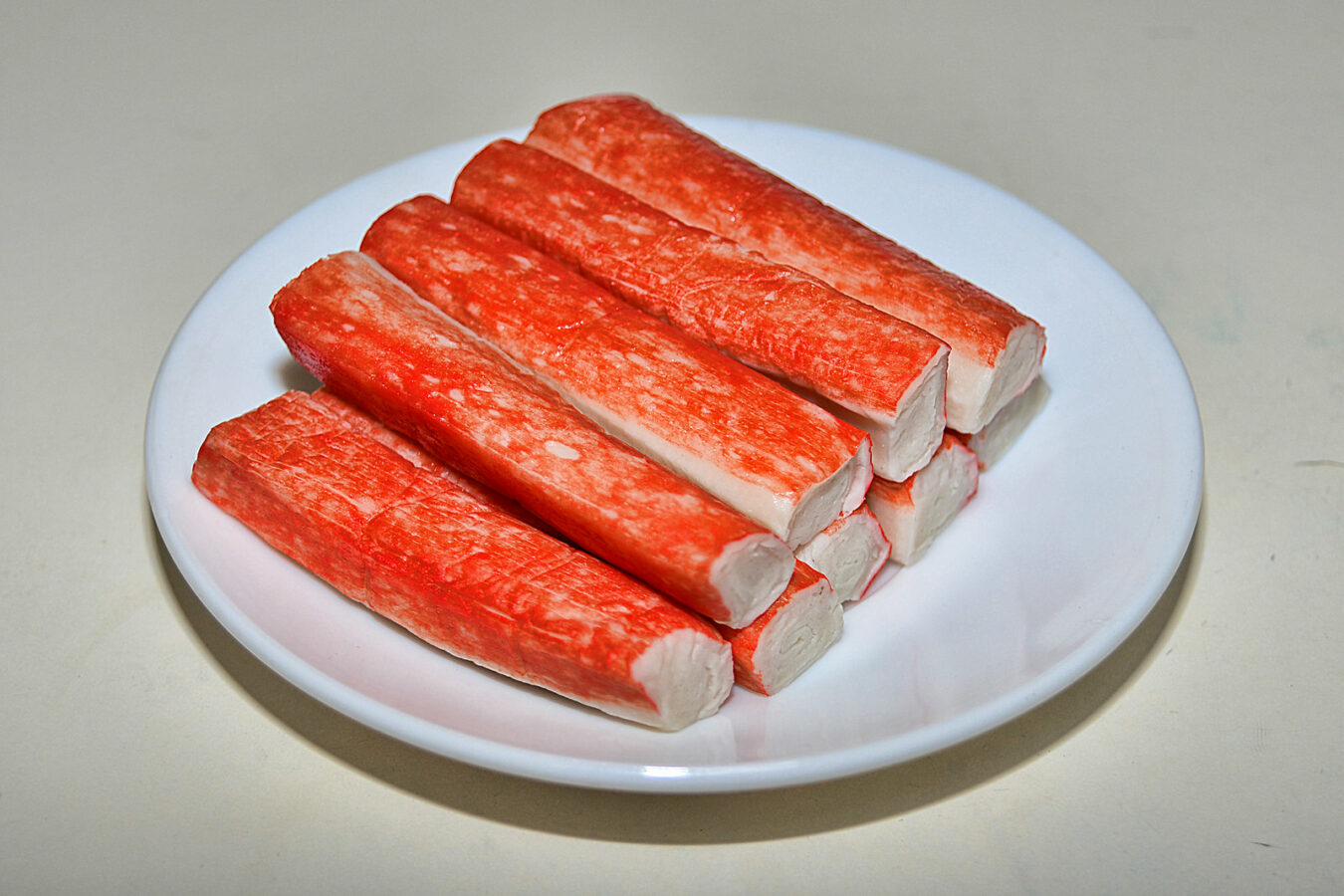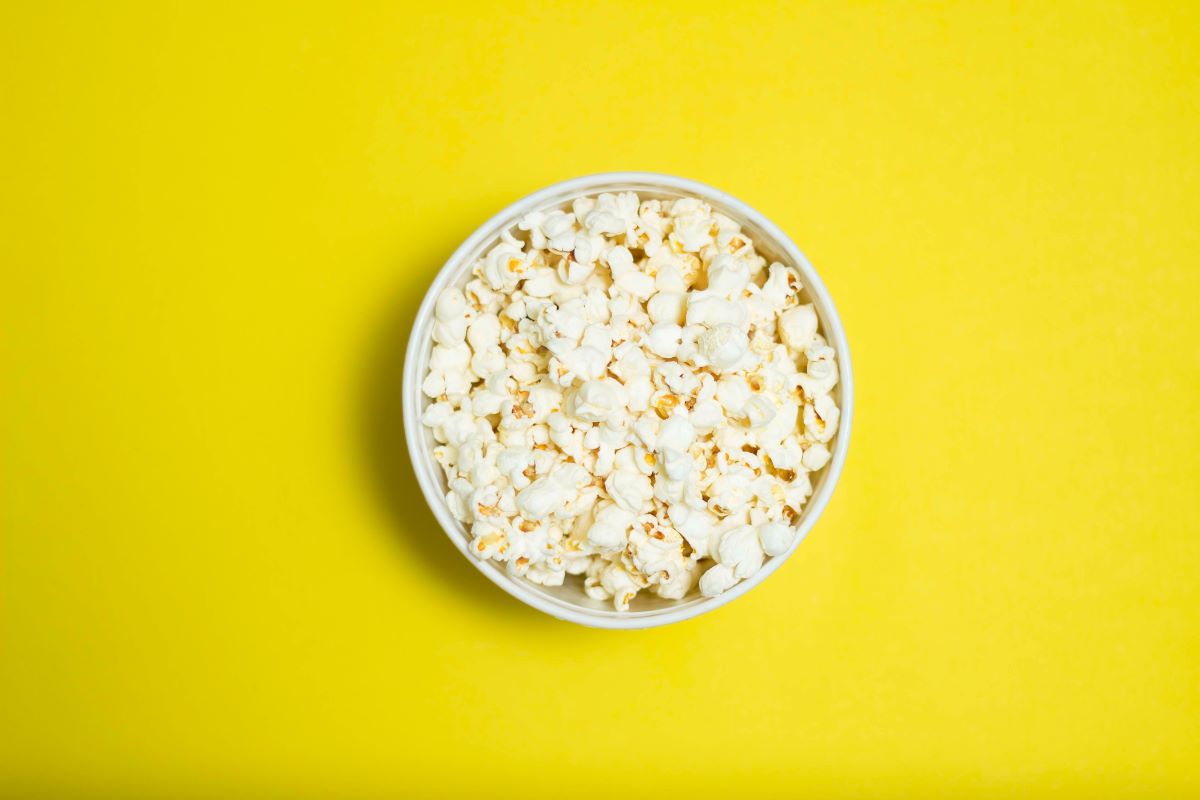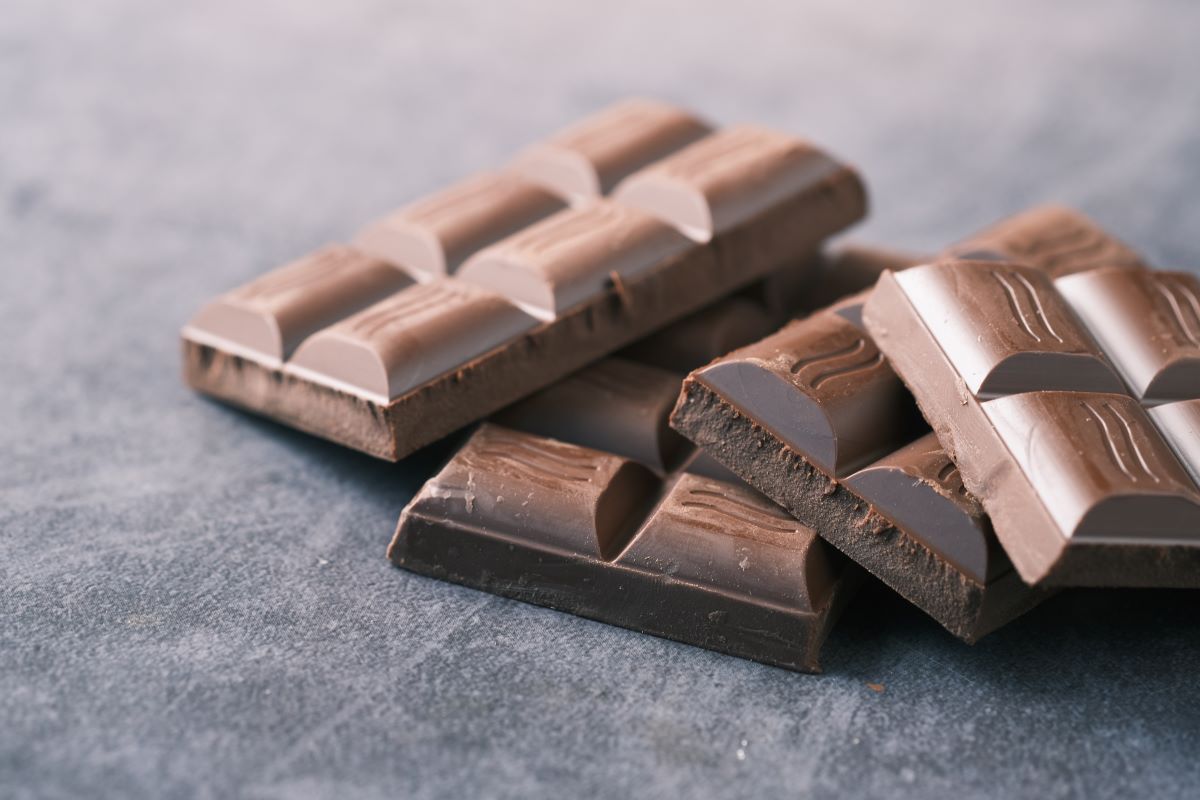Table of Contents
Marshmallows have been a favorite treat for people of all ages. They are soft, fluffy, and sweet, making them a perfect accompaniment to hot chocolate, smores, and various other desserts.
However, the question arises for vegans and new vegetarians: are marshmallows vegan?
Are Marshmallows Vegan?
The short answer is no, regular marshmallows are not vegan. Traditional marshmallows contain gelatin, which is an animal-derived ingredient. However, there are vegan marshmallows available in the market that are made without gelatin or other animal products.
Non-Vegan Ingredients or Processes
The main non-vegan ingredient in traditional marshmallows is gelatin. Gelatin is derived from collagen, a protein found in the skin, animal bones, and connective tissues of animals like cows, pigs, and fish.
Making gelatin involves boiling these animals’ skin, bones, and connective tissues. As a result, any food product containing gelatin, including traditional marshmallows, is not considered vegan or suitable for a vegetarian diet.
Controversies or Gray Areas within the Vegan Community
One of the gray areas within the vegan community regarding marshmallows is the use of sugar. As mentioned above, some sugar companies use bone char to refine the sugar non-vegan. However, not all sugar companies use this process, and alternatives like beet sugar or organic cane sugar do not use bone char. It can be challenging for vegans to know which sugar is used in a particular product, as it only sometimes gets specified on the ingredient list.
Another controversy is the use of artificial colors and flavors in vegan marshmallows. Some vegans avoid artificial colors and flavors as they may have been tested on animals or contain animal-derived ingredients. However, others argue that avoiding such ingredients is not practical or necessary for a vegan diet.
Types of Marshmallows
There are primarily two types of marshmallows – traditional marshmallows and vegan marshmallows.
Traditional Marshmallows
Traditional marshmallows are made using gelatin, sugar, corn syrup, and water. Gelatin is the ingredient that provides the marshmallow’s structure and texture. It is made from collagen, obtained from various animal body parts like skin, bones, and connective tissues.
Vegan Marshmallows
Vegan marshmallows are made without animal products or by-products. Instead of gelatin, vegan marshmallows use other plant-based ingredients like agar-agar, a seaweed derivative, or guar gum, a fiber extracted from guar beans, to provide structure and texture. Dandies Vegan Marshmallows and Freedom Mallows are popular vegan marshmallow brands available in the market.
Vegan-Friendly Alternatives and Variations
Thankfully, as veganism has grown in popularity, many companies have produced vegan-friendly alternatives to popular products, including marshmallows.
These alternatives are made without gelatin or other animal products and instead use plant-based ingredients like agar-agar or guar gum to create the texture and structure of marshmallows.
Store-Bought Alternatives
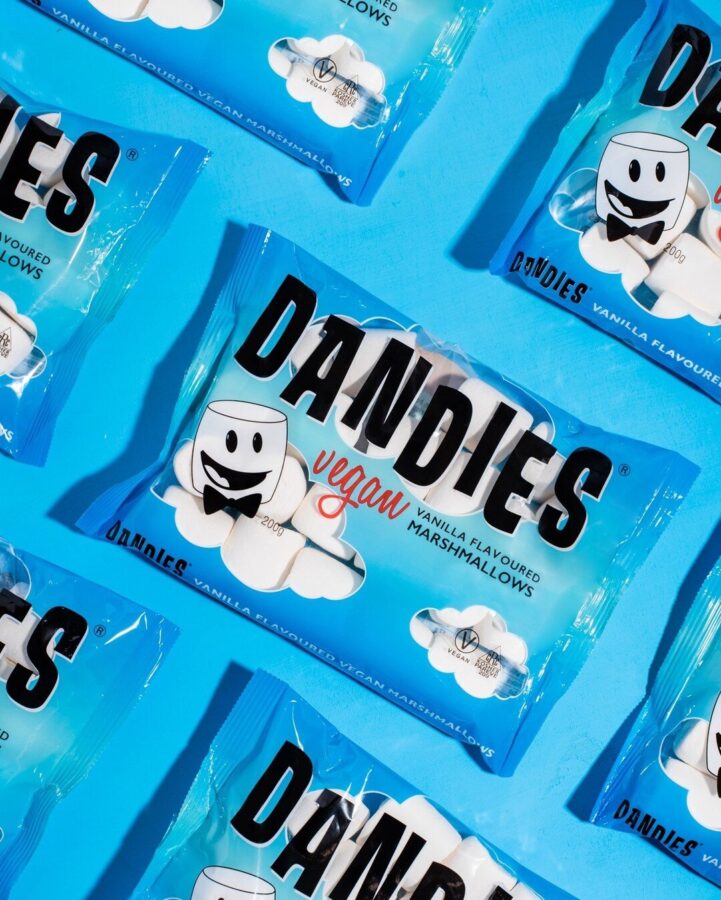
Dandies Vegan Marshmallows®
A product of a Chicago-based company, Dandies Vegan Marshmallows are probably the most well-known vegan marshmallows. They are made with all-natural ingredients and are free from gelatin, artificial flavors, and colors.
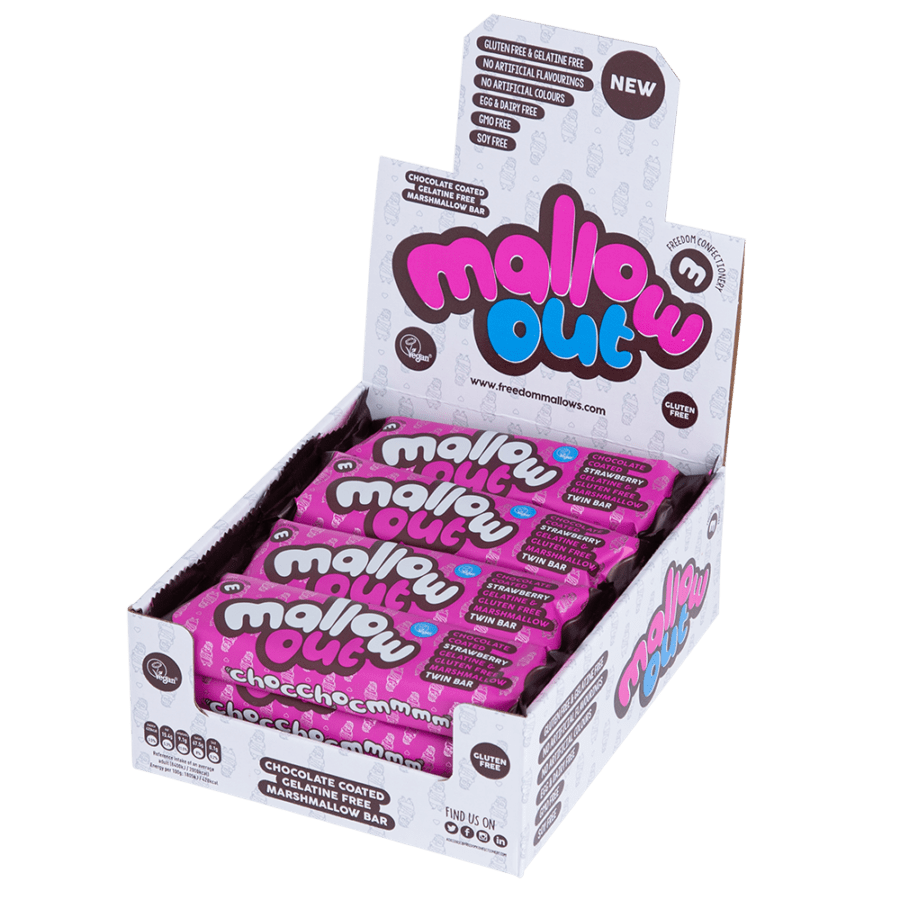
Freedom Mallows
This U.K. brand offers a wide variety of vegan marshmallows. Freedom Mallows are gelatin-free, gluten-free, egg-free, soy-free, and nut-free, making them suitable for vegans and people with food allergies.
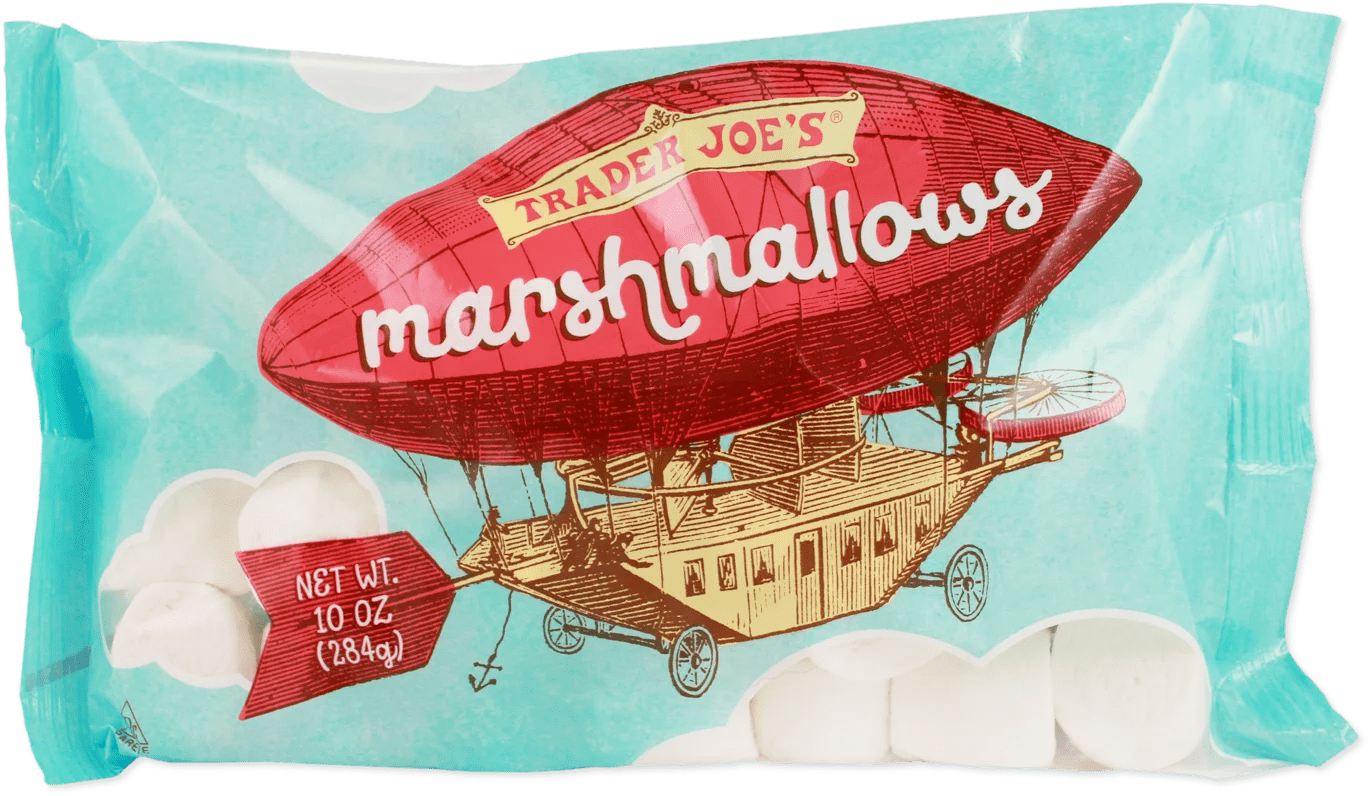
Trader Joe’s
Trader Joe’s marshmallows are also vegan. They are made without gelatin and are free from artificial colors and flavors.
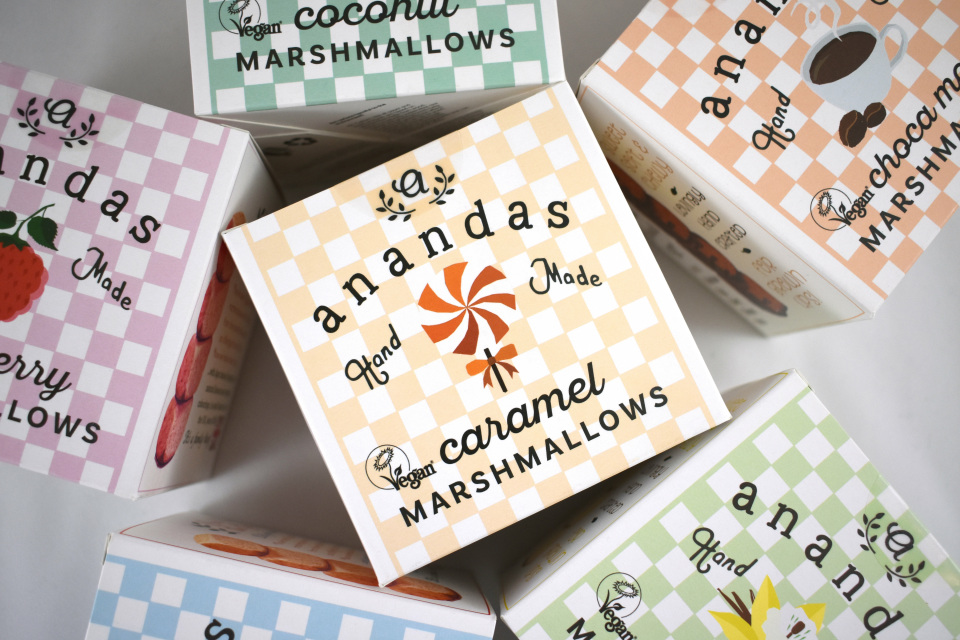
Ananda Foods
This U.K.-based company, Ananda Foods, offers a range of vegan marshmallow products, including marshmallow fluff and gelatin-free marshmallow creme.
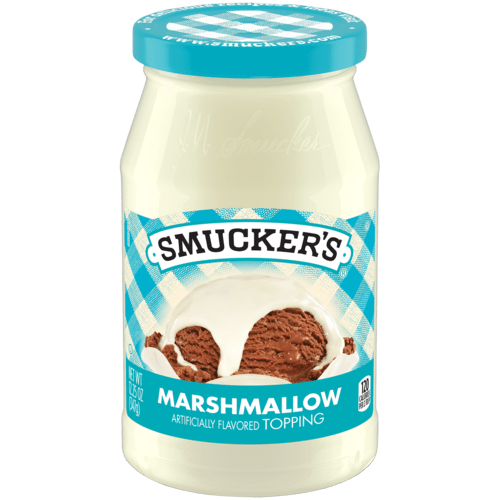
Smucker’s
Although not a traditional marshmallow, Smucker’s marshmallow topping is free from gelatin and can be a great addition to desserts.
Tips for Identifying Vegan-Friendly Options
Check the Ingredients List
The first thing you should do is check the ingredient list on the packaging. Look for non-vegan ingredients like gelatin, milk products, or egg whites. Also, be cautious of sugar as it may be processed with bone char.
Look for Vegan Labeling
Many vegan products, including marshmallows, will have a vegan label on the packaging. That makes it easier to identify vegan-friendly options.
Check Online
If you need clarification on a product, you can check online for more information. Many companies provide detailed information about their products on their websites. Also, there are several online resources and forums where you can find recommendations for vegan-friendly products.
Contact the Company
If you are still trying to figure out a product, you can contact the company directly and ask if their product suits vegans.
Remember, while many vegan-friendly alternatives are available in stores today, it is always important to check the labels and ingredients to ensure that the product aligns with your dietary preferences and restrictions.
Homemade Versions
Making your vegan marshmallows at home is a great way to ensure they are completely vegan and free from animal products. Here are some vegan ingredients that can be swapped in place of regular ingredients:
Gelatin
Agar-agar powder or agar agar powder is a common vegan substitute for gelatin. It is made from seaweed and works as a flavorless gelling agent.
Sugar
Use cane or organic sugar to ensure it is not processed with bone char.
Egg Whites
Aquafaba, the liquid from a can of chickpeas, can be used as a substitute for egg whites. It whips up just like egg whites and is a great vegan alternative.
Corn Syrup
Tapioca syrup or agave nectar can be used as a substitute for corn syrup.
Vanilla
Use pure vanilla extract or natural flavors, as some artificial flavors may contain animal-derived ingredients.
How to Use Vegan Alternatives in Recipes
Using vegan alternatives in recipes is straightforward. Here are some tips on how to use vegan alternatives in marshmallow recipes:
Agar-Agar
Agar-agar needs to be boiled to activate its gelling properties. Make sure to boil the water and agar-agar powder mixture for a few minutes before adding the other ingredients.
Aquafaba
Whip the aquafaba to stiff peaks before adding it to the sugar mixture. It will ensure that the marshmallows have a light and fluffy texture.
Sugar
The method remains the same as regular sugar when using cane or organic sugar.
Tapioca Syrup: Tapioca syrup can be used like corn syrup. Substitute equal amounts of tapioca syrup for the corn syrup in the recipe.
Vanilla
Add the vanilla extract or natural flavor at the end of the cooking process to ensure the flavor doesn’t get lost during cooking.
Remember to always test the recipe first as sometimes the texture and taste may vary slightly when using vegan substitutes.
How Marshmallows Are Made
Marshmallows are soft, pillowy sweets that both kids and adults love. The traditional marshmallow recipe includes gelatin, sugar, corn syrup, and water. Gelatin, made from the collagen found in animals’ skin, bones, and connective tissues, is used as a gelling agent to give marshmallows their characteristic texture.
The sugar and corn syrup sweeten the marshmallows, while the water helps to dissolve the sugar and gelatin. The mixture then gets whipped to incorporate air, giving the marshmallows a light and fluffy texture.
Once the mixture is whipped, it is poured into a pan, allowed to set, and then cut into pieces.
Primary Ingredients
The primary ingredients of marshmallows include gelatin, sugar, corn syrup, and water. Gelatin is a crucial ingredient that gives marshmallows their characteristic texture.
It is made from the collagen found in animals’ skin, bones, and connective tissues, making it a non-vegan ingredient. Sugar and corn syrup are sweeteners, while water helps dissolve the sugar and gelatin.
Secondary Ingredients and Additives
In addition to the primary ingredients, marshmallows may contain other secondary ingredients or additives such as flavorings, colors, and stabilizers. These can include natural or artificial flavors, natural or artificial colors, and stabilizers like xanthan gum or guar gum.
Some marshmallows may also contain egg whites, used as a whipping agent to help incorporate air into the mixture and create a light, fluffy texture.
Sourcing and Ethical Considerations
The production of marshmallows raises several ethical and environmental concerns, which are important to consider for those following a vegan or ethically-conscious lifestyle.
Environmental Impact
The production of gelatin, a key ingredient in marshmallows, has a significant environmental impact. It involves using large amounts of water and energy to process the animal parts and convert them into gelatin.
Raising animals for their parts also contributes to deforestation, greenhouse gas emissions, and biodiversity loss. Using sugar and corn syrup also has an environmental impact, as cultivating sugar beets and corn requires large amounts of water, pesticides, and fertilizers.
Ethical Impact
Using gelatin in marshmallows raises ethical concerns as it is made from animals’ skin, bones, and connective tissues. That means that animals are slaughtered for their parts, which is not aligned with vegan principles or those seeking to avoid animal cruelty.
Additionally, artificial colors and flavors may raise ethical concerns as they can be tested on animals.
Labor Practices
The production of sugar, a key ingredient in marshmallows, has been associated with unfair labor practices in some parts of the world. Workers in sugar plantations are often subjected to long hours, low wages, and unsafe working conditions.
Some companies have taken steps to improve labor practices by sourcing their sugar from Fair Trade or ethically-certified suppliers. However, it is always important to check the labels and research to ensure your products get ethically sourced.
FAQ
Marshmallows, a crowd favorite, often raise many questions among vegans and vegetarians. Let’s address some of the most frequently asked questions.
Are mini marshmallows vegan?
Most mini marshmallows are not vegan as they contain gelatin, an animal-derived ingredient. However, vegan alternatives are available using plant-based ingredients like agar-agar or tapioca starch instead of gelatin.
Can you make s’mores with vegan marshmallows?
Yes, you can make s’mores with vegan marshmallows. Several brands of vegan marshmallows are available in the market, such as Dandies Vegan Marshmallows or Trader Joe’s Marshmallows, that work perfectly for making s’mores.
Where can I buy vegan marshmallows?
Vegan marshmallows can be found at many health food stores, online retailers, or specialty stores. Brands like Dandies Vegan Marshmallows, Freedom Mallows, and Trader Joe’s Marshmallows are popular vegan options.
Always check the ingredient list to ensure they are vegan, as some marshmallows may contain non-vegan ingredients like egg whites or artificial colors tested on animals.
